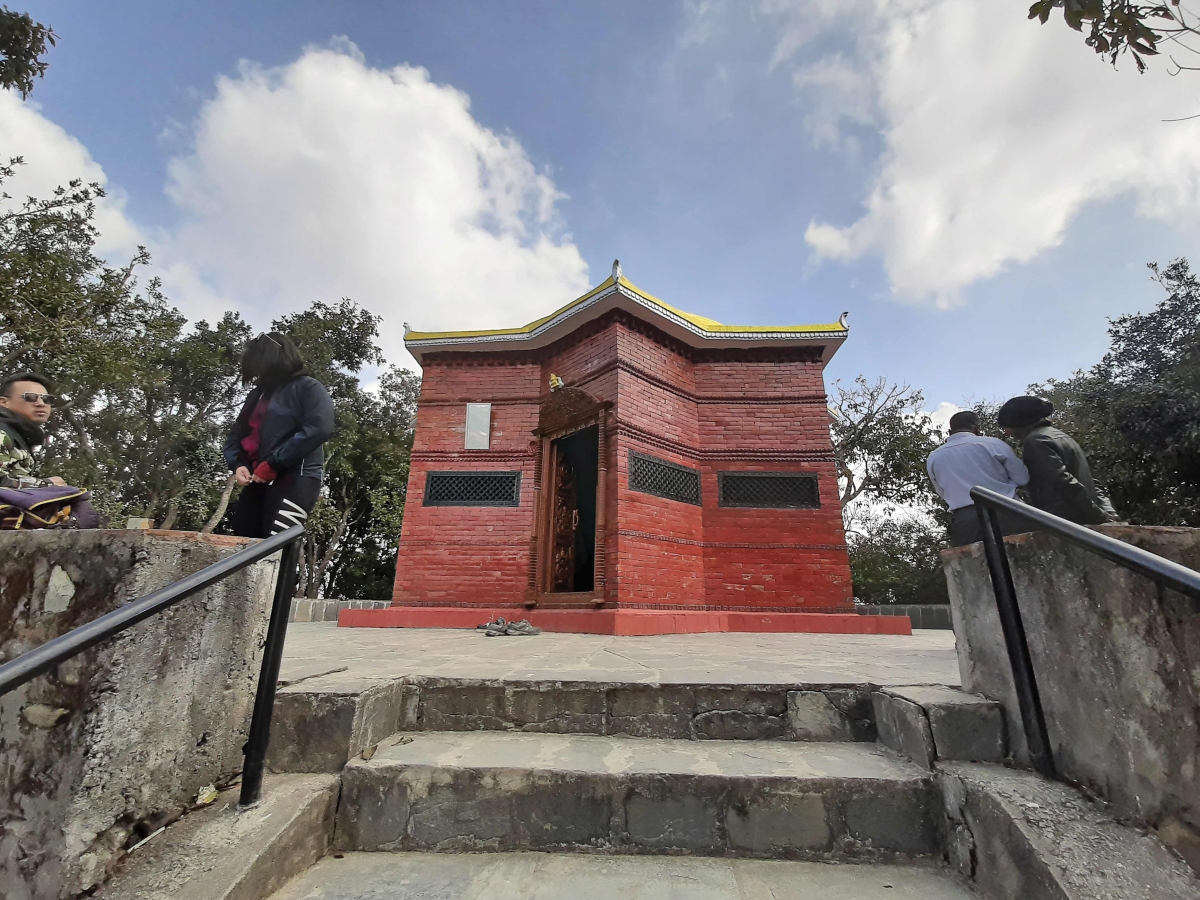The fear of interviewing him grew more intense as I sat waiting for him to address me. He already had acknowledged my presence but needed a few minutes to compose himself. Then, Yubraj began to share his thoughts.
“I’m a reporter and journalist. At present I’m working as an Editor for Samaya and News Front, a Nepalese and an English weekly. I also write for the Indian Express. When I was in Delhi, I worked for this daily as an associate editor. I respect the kind of journalism it pursues, which to a large extent confronts the establishment. The Express follows a journalism of truth and does not calculate profit in any monetary sense. That is what the Express upholds, that is what I respect, and I am proud to be associated with it. I have also worked for Nepal’s Kantipur Publications as an editor”.
Excerpts from our discussion
How is journalism viewed in Nepal, and what is its stance at the moment?
There has been a definite change in how people look at the journalism profession. There cannot be, there never was and there never will be only one way of looking at it. There just cannot be one perspective. Journalism is gradually earning the respect of the people. Nepalese journalism, despite its march towards professionalism, still remains largely political, which is fine; but it is biased, so it is much discredited.
People tend to question everything, even though it is accurately written. It is much more difficult to pursue journalism because people of today are well informed and much aware. When we raise questions, they have facts already before them. But we need to add a sense accountability. Some journalists have adopted the idea that “Well, I have written it so who are you to ask me questions?’ There is no profession and no action in this world that is without accountability. We have to learn to respect the urge of the people, an urge that is may not be very articulate. But, if we act responsibly, that should take care of the aversions that exists towards Nepalese journalism.
But what is ethical journalism? Are journalists in our country following it? How does a reader know ‘right’ from ‘wrong’? Do journalists verify what they write?
Simply put, there are three basic principles — what we call ABC: Accuracy, Balance and Credibility. You inform the readers, viewers or audience and that medium is definitely journalism. You might define it differently, but that is journalism. The ethical part is to try to be accurate and not compromise the truth, and not to use or misuse it for any other interest except for knowledge and for taking corrective measure. That is ethical journalism.
Readers are well informed now. They read hoping to know more. This is a growing and competitive market where merit and accountability is valued to a great extent. That will earn you the respect and support of your readers, viewers and listeners. If they boycott you, you will not survive in this profession.
Verifying information has to be self regulated, but powerful institutions like the Press Council must keep watch. If you are misusing journalism deliberately to tarnish somebody’s image, that is not ethical and should not go unnoticed. One might have ill intentions but if he is responsible he should tell the person that he made a mistake.
If I criticize the Prime Minister based on the basis of facts, and of it gets to a situation where I have to resign, then I, like any other person, must resign. The press is often accused even if what they report is correct. Politicians have mandates because they were voted in by the people. It is my duty to expose them, not depose them. If oppose his policy and if that, in turn, leads to deposing the person, it cannot be seen as a sin of the journalist. I use the power of journalism, but if I use that power to defend someone unconditionally that is crime. When necessary I may have to apologize. Then it is up to the person to forgive me or not. What is more important in a Democracy than the personal dignity and the protection of that dignity?
Would you do a story without a byline? Why? Why not?
I do write-ups with a byline. When I was the Editor at the Kathmandu Post, I took a liberal attitude in using a byline. I thought that if a person’s name is there, it makes him more responsible. When there is a major story with a byline, the editors are congratulated. Then, if someone wants to get to the writer, it has to be done through the editors.
Has any news made any difference? And, is decision making a collective action, or do you do it alone? Do you share the responsibility if there is a mistake?
People have written to us and we have done stories based on that. I can give you an example that occurred while I was editor on the Kantipur. The Ambassador of Thailand wrote saying that a certain Nepalese woman who worked for him went to and from work on a road that was under construction. She was seven months pregnant, and commuted by bicycle or by taking a rickshaw. She had a miscarriage due to that bad road. We checked and cross-checked and did a major story on it. It was similar to the Robinson drug case. Samaya did a story on that, but it turned to be much more than what the person had tipped us on. So at times we rely on the person who tips us and we do the decision-making about the story collectively. We make sure the source has no other interest other than the revealing of truth.
We do not do things desperately, but every mistake becomes a guideline and a lesson for us. When I started at Kantipur, we practiced correcting wrong information. Once when I was away my colleagues printed a story that came from the police. It was about a lady in Chitwan, a prostitute, who was arrested. Without checking details or verifying it, we published her name. Later, we realized our mistake and apologized unconditionally, but we had already done it. When we commit such mistakes we approach the victims, and hope they will accept our apologies.
What is the future of journalism in Nepal?
I am optimistic about the future of journalism in Nepal. More and more good individuals are coming up despite the fact that they are low paid. This is a healthy sign. Nepalese journalists, however, should not use journalism as a platform for vested interests. I have deliberately distanced myself from political parties, for example. We should understand that any compromise on the safety and dignity of an individual without due process is anti-Democratic.

Healing Aromas - A Photo Story
“My mother, Maha Laxmi Shrestha makes about 100 packets of incense per day. I help her on dayswhen we have...










